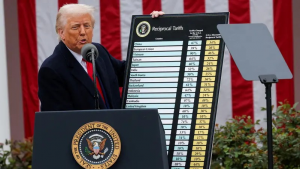Sterling slid versus the dollar on Monday after Friday's strong U.S. labour market data supported bets the Federal Reserve will keep raising rates aggressively, though it recovered a little after Britain said it will publish independent budget forecasts this month.
The pound dropped to a 10-day low of $1.1027 but was last just 0.12% lower against the dollar at $1.1077, recovering after the Treasury said Britain will publish its medium-term fiscal plan and independent budget forecasts on Oct. 31. The government had been due to set out the plan, which builds on a mini-budget in September, on Nov. 23, but markets reacted badly to the September announcement and the lack of accompanying independent forecasts, leading to pressure to bring these forward. read more
The Bank of England was also in focus as, at the end of this week, it is due to end its emergency buying programme launched last month to ease turmoil in the government bond market, which also followed September's mini-budget.
The central bank on Monday moved to ease concerns by announcing a doubling of the maximum size of its planned Monday debt buy-back, and launching a temporary expanded collateral repo facility to help banks ease liquidity pressures facing client funds caught up in turmoil which threatened pension funds.
"(The latter) is one to note as it should backstop liquidity conditions beyond the next meeting. We think this could be seen as the Bank setting out the foundations for a big interest rate announcement in November, one that could cause some market dysfunction in the absence of such measures," said Simon Harvey, head of FX analysis at Monex Europe.
The British currency has had a volatile few weeks, falling to a record low of $1.0327 in late September, after markets were roiled by a series of unfunded tax cuts announced by the British government, before recovering as high as $1.1028 last week.
The pound can weaken further against the dollar this week for two reasons said Carol Kong, currency strategist at Commonwealth bank of Australia.
"First, we expect the USD to lift because US inflation can reinforce that the FOMC will not pivot on rate rises soon," she said. "Second, domestic data will reinforce that the UK economy is slowing."
U.S. inflation data is due on Thursday and a high level combined with last week's strong U.S jobs data would mean the U.S. Federal Reserve will continue to raise rates aggressively, something that has boosted the greenback.










